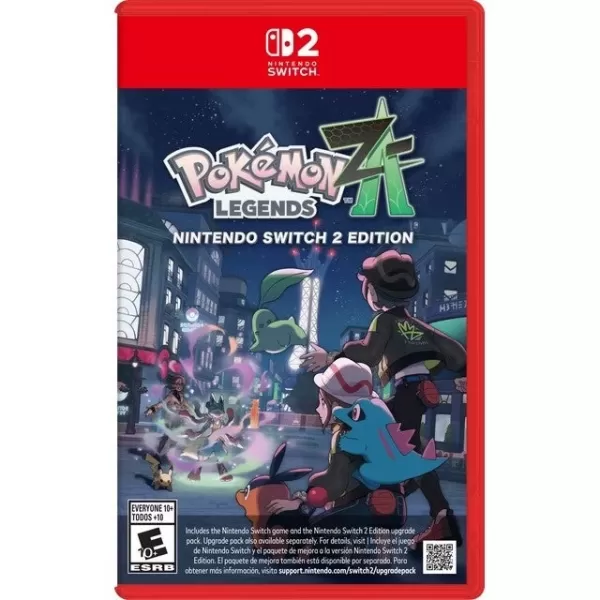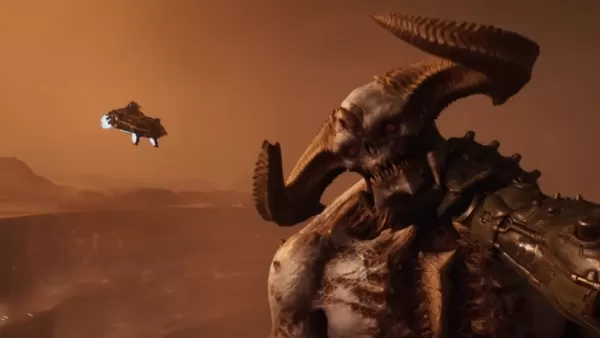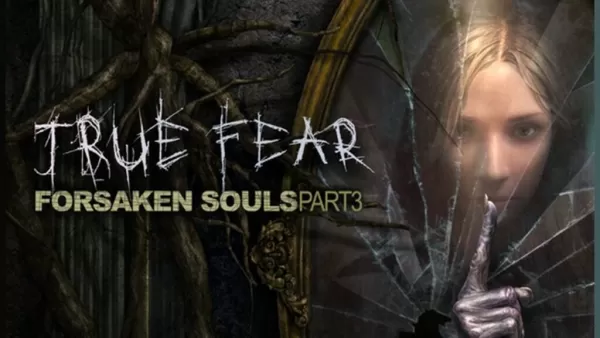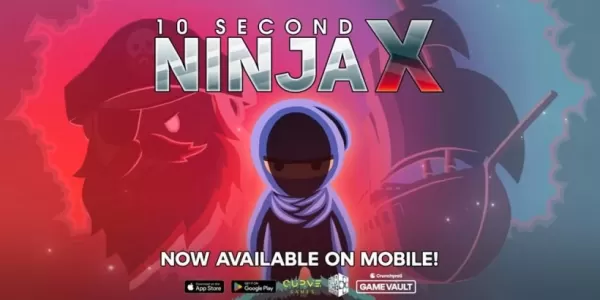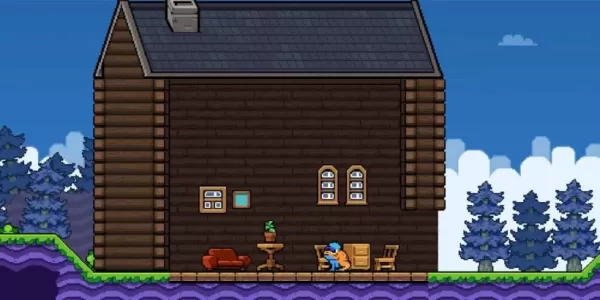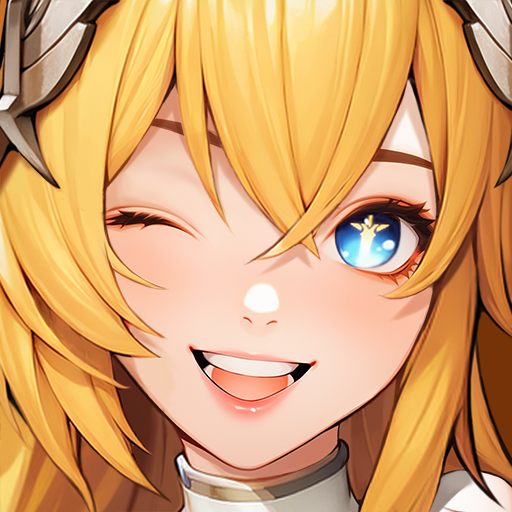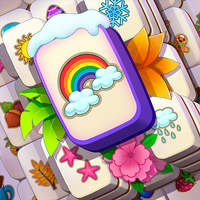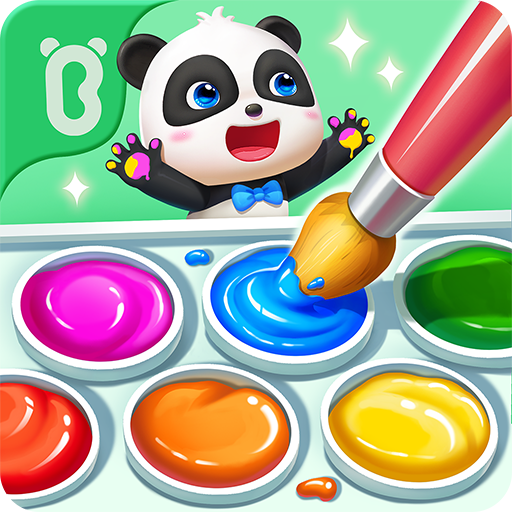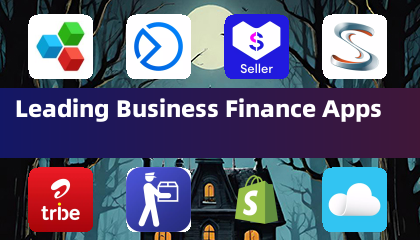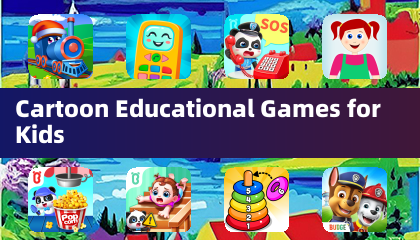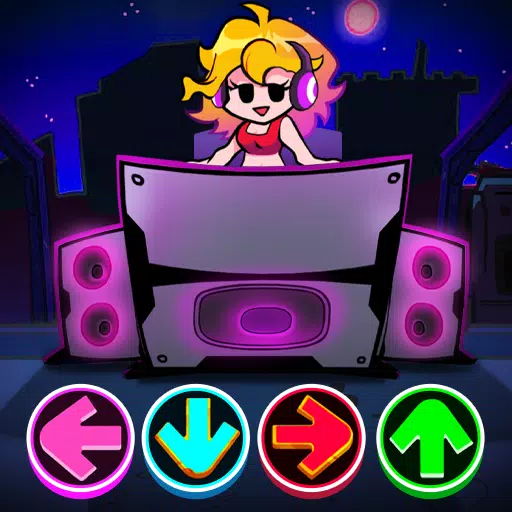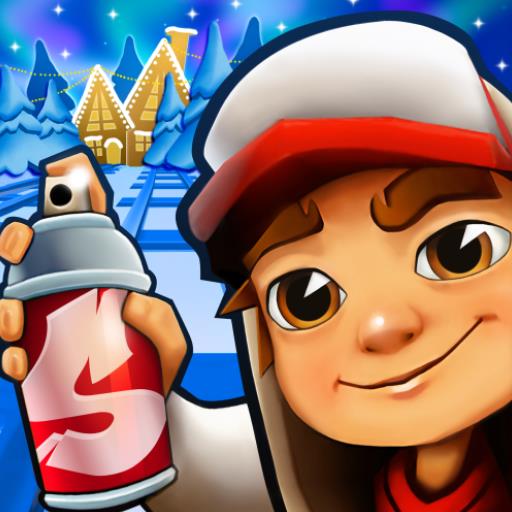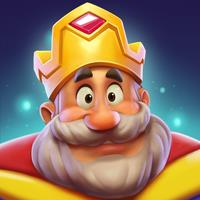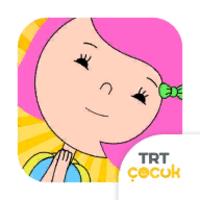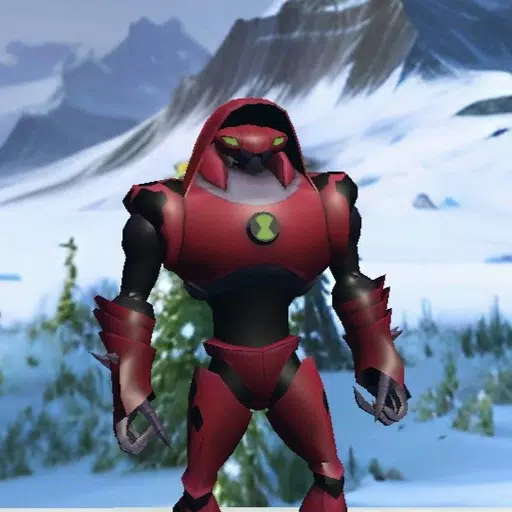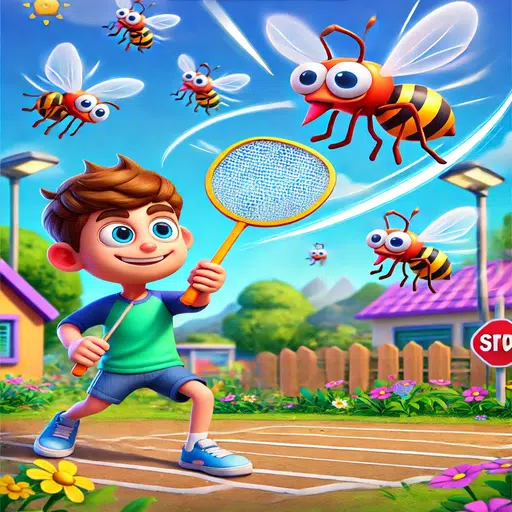There's a growing issue on the PlayStation Store and Nintendo eShop that has caught the attention of many gamers: the proliferation of what's being called "slop." Both Kotaku and Aftermath have extensively covered this phenomenon, with the Nintendo eShop in particular being inundated with games that use a mix of generative AI and deceptive marketing tactics to lure users into buying low-quality products that don't match their advertised features. This problem has recently spread to the PlayStation Store, particularly clogging up the “Games to Wishlist” section with weird-looking stuff.
These aren't just your typical "bad" games that you might find on any platform. Instead, it's a flood of similar-looking games that are pushing other titles out of the spotlight. These "slop" games are mostly simulation games, always on sale, often mimicking themes or outright copying the concepts and names entirely of popular games. They frequently feature hyper-stylized art and screenshots that stink of generative AI, yet in practice, they fail to deliver on their promises, with poor controls, technical issues, and minimal engaging content.
It's been observed that these games are being churned out mercilessly by a small handful of companies, which are hard to track down and hold accountable. YouTube creator Dead Domain has investigated these companies, finding that they often lack public websites or business information and may even change names to further confuse matters.
The increasing presence of these "AI slop" games has led to a clamor from users for better regulation on both the PlayStation and Nintendo storefronts. This demand is heightened by complaints about the Nintendo eShop's declining performance, which seems to slow down as more games flood the system.
To understand why these games are overwhelming these platforms and why others like Steam and Xbox are less affected, I spoke with eight individuals in game development and publishing. They shared insights into the game release process across these platforms, which might explain the varying levels of "slop" seen on each.
The Magical World of Cert
Generally, the process for releasing games on major storefronts involves several steps. First, developers or publishers must pitch to the platform holders to gain access to development tools and backend portals. They then fill out detailed forms about the game, covering aspects like multiplayer options, internet requirements, and controller compatibility. This leads to the certification (or "cert") phase, where the game is checked against platform-specific technical requirements. These requirements, which vary from platform to platform, include tests like what happens if a save file is corrupted or a controller is disconnected. While Steam and Xbox publish these requirements, Nintendo and Sony do not.
Certification also ensures that games adhere to legal standards and match their ESRB ratings accurately. Multiple sources stressed that platform holders are particularly strict about age ratings, where any discrepancy can significantly delay a game's release.
There's a common misconception among gamers that certification is a quality assurance (QA) check. However, as one publisher clarified, "A common misconception amongst The Gamers™ and even inexperienced devs is this is tantamount to a QA check. This is incorrect, that's the responsibility of the developer/publisher prior to submission. The platforms check to make sure the game's code complies with hardware specifications."
If a game passes certification, it's ready for release. If it fails, it must be resubmitted with the issues addressed. Several developers noted that platform holders often provide only error codes rather than detailed feedback, making it challenging to resolve issues, especially with Nintendo.
Front and Center
Regarding store pages, all platform holders require developers to use screenshots that accurately represent their games. However, there's no rigorous process to enforce this. Reviews of storefront screenshots mainly check for competing imagery or incorrect language. One developer shared an anecdote about a game that had to resubmit screenshots because they inaccurately represented the game's capabilities on the Nintendo Switch.
Nintendo and Xbox review changes to store pages before they go live, while PlayStation does a single check near launch. Valve initially reviews store pages but doesn't monitor subsequent changes, allowing developers to alter content post-approval.
Although platform holders do some diligence in ensuring the product matches its description, the standards for accuracy are loose, allowing some games to slip through. The consequences for misleading content are typically mild, often just requiring removal of the offending material. None of the console storefronts have rules against using generative AI in games or store assets, though Steam requires disclosure of its use.
Eshop to eslop
The reasons behind the flood of misrepresented, low-effort simulation games on Sony and Nintendo's platforms, and the relative immunity of Xbox and Steam, are multifaceted. Microsoft uniquely vets games on a per-game basis, unlike Nintendo, Sony, and Valve, which vet developers or publishers, making it easier for approved developers to release multiple games quickly if they pass technical checks.
One developer suggested, "Nintendo is probably the easiest to scam. Once I’m in the door, I could make ‘Fart Fart Boobie Fart: The Game’ and maybe it would eventually get taken down, but it’s so odd."
Some developers exploit the system by releasing bundles and continuously setting them on sale, keeping them at the top of "New Releases" and "Discounts" sections, pushing out higher-quality games. On PlayStation, the "Games to Wishlist" section is sorted by release date, which can inadvertently promote "slop" games.
While generative AI contributes to the problem, it's not the sole issue. The real challenge is discoverability, with Xbox mitigating this through curated pages, and Steam's constant refresh of new releases diluting the impact of "slop." Nintendo, however, simply lists all new releases without sorting, exacerbating the problem.
All Games Allowed
Users have been urging Nintendo and Sony to implement stricter storefront regulations to combat the "slop" problem, but neither company responded to requests for comment. Developers and publishers are skeptical about significant improvements, especially with the upcoming Nintendo Switch 2. However, it was noted that Nintendo's web browser eShop is more user-friendly and less affected by "slop," suggesting potential improvements for the next console.
Sony has previously addressed similar issues, such as in 2021 when it cracked down on "spam" content designed to appeal to trophy hunters. This precedent suggests that Sony might take action against the current "slop" problem.
However, not everyone supports aggressive platform regulation. An attempt by Nintendo Life to create a "Better eshop" with filters to remove "shovelware" and AI-generated images resulted in backlash due to erroneous categorizations. This highlights the risk of overly aggressive filters impacting legitimate indie games.
One publisher expressed concern about the potential for platforms to target quality software mistakenly, emphasizing that most developers aren't trying to deceive users. Another source showed sympathy for platform holders, who are staffed by individuals tasked with reviewing an ever-growing number of games based on specific criteria, not on subjective quality judgments.
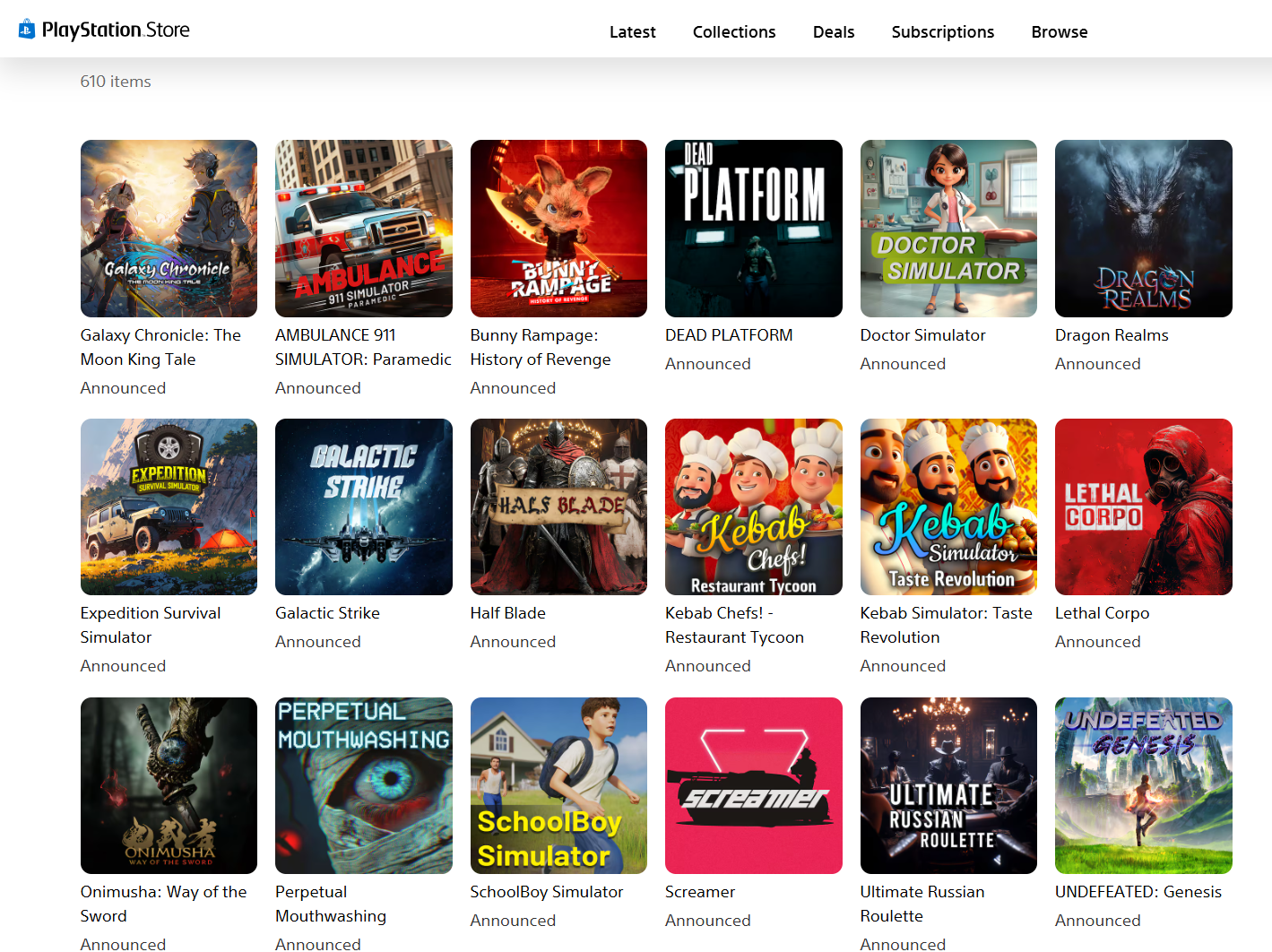
The 'Games to Wishlist' section on the PlayStation Store at the time this piece was written.
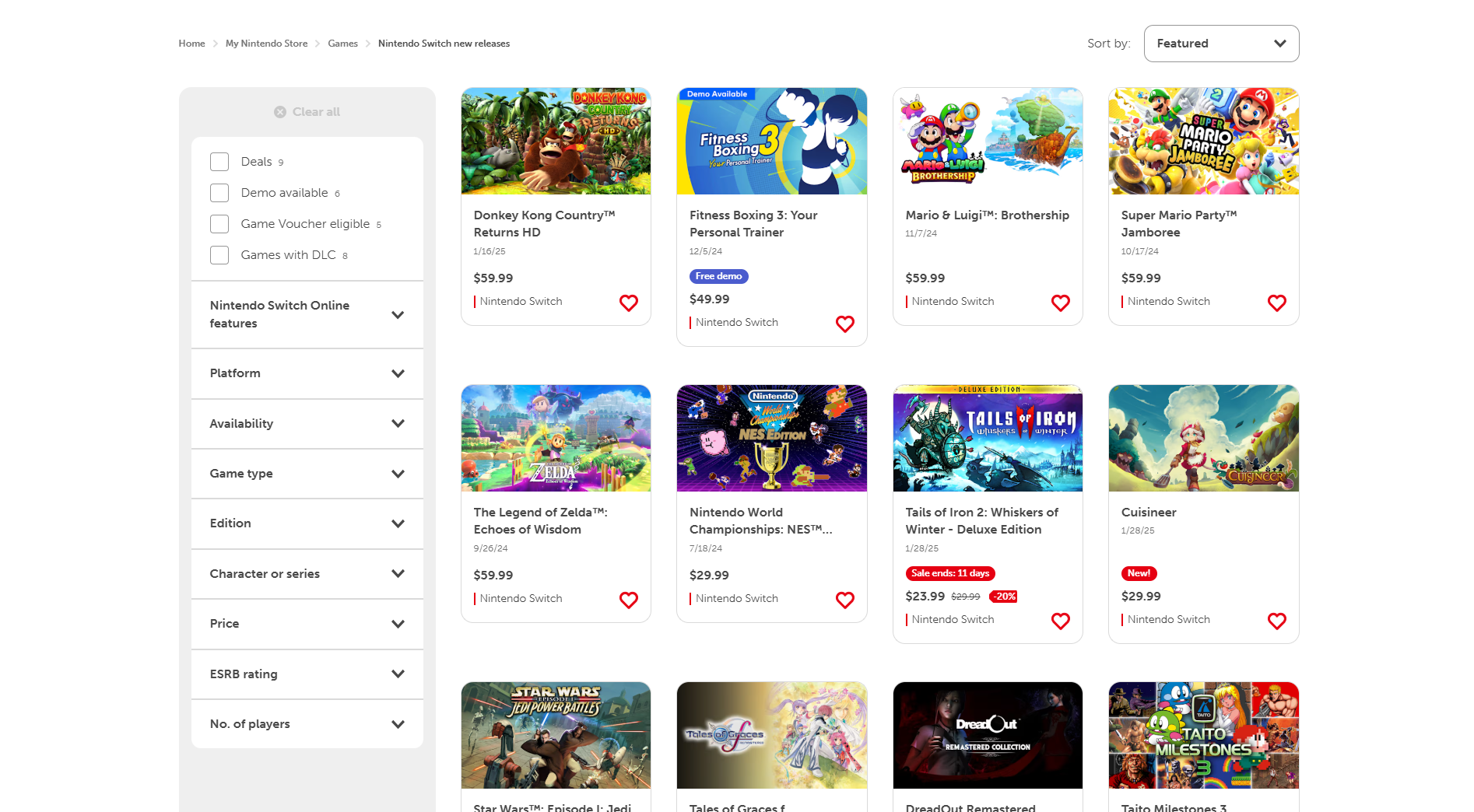
Nintendo's browser storefront is...fine, honestly?

